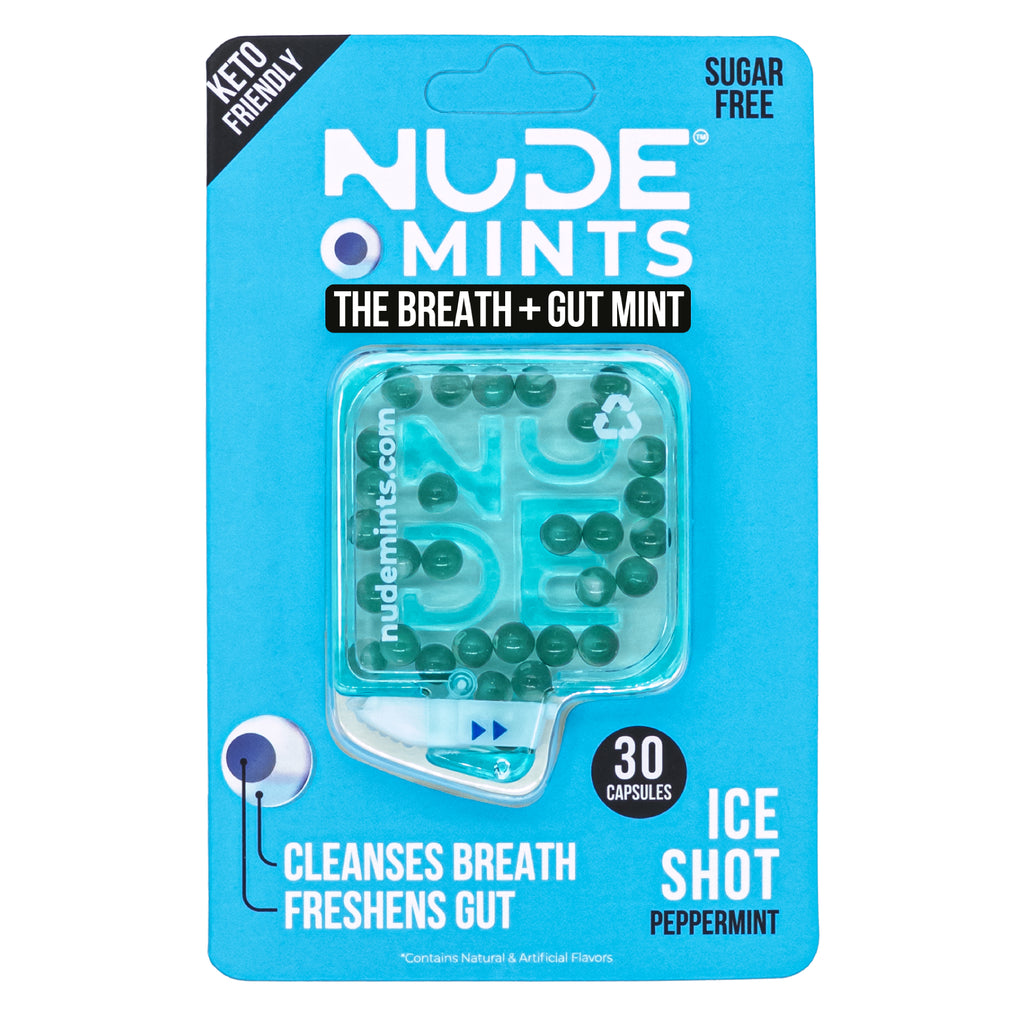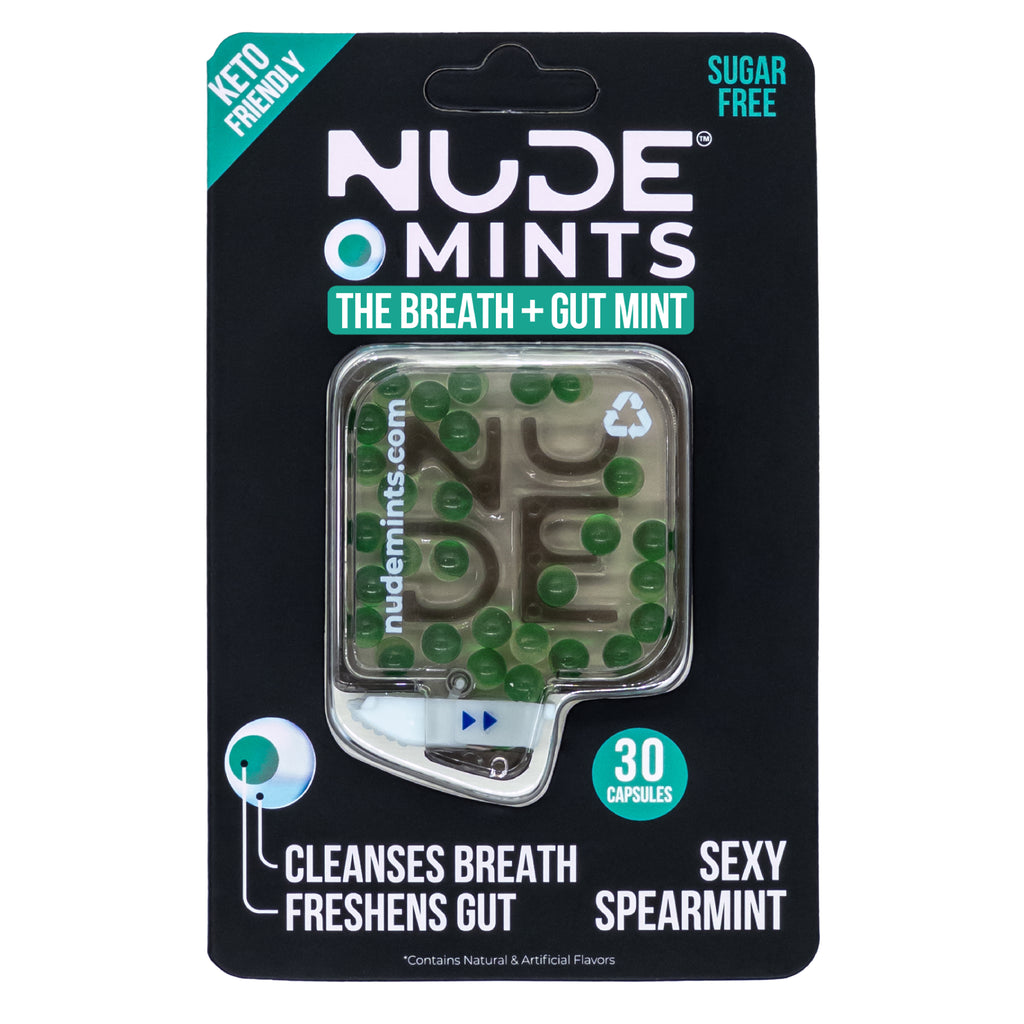Halitosis: Understanding the Causes, Diagnosis, and Treatment for Fresh Breath
-
Halitosis, commonly known as bad breath, is a condition that affects a large number of people worldwide. It can be an embarrassing and isolating experience, but it is important to know that it is a common problem and that there are effective treatments available. In this article, we will discuss the causes, diagnosis, and treatment of halitosis.

Causes of Halitosis
Halitosis can have several causes, both internal and external. The most common causes include poor oral hygiene, dry mouth, certain foods and drinks, smoking, and certain medical conditions.
Poor Oral Hygiene
Poor oral hygiene is the most common cause of halitosis. When food particles and bacteria build up in the mouth, they can cause an unpleasant odor. Brushing and flossing regularly can help prevent this buildup and reduce the risk of bad breath.
Dry Mouth
Dry mouth, also known as xerostomia, occurs when there is not enough saliva in the mouth. Saliva helps to rinse away food particles and bacteria that can cause bad breath. Certain medications, such as antihistamines and antidepressants, can cause dry mouth, as can certain medical conditions, such as Sjogren's syndrome.
Foods and Drinks
Certain foods and drinks can cause bad breath, such as onions, garlic, and coffee. These foods contain compounds that
can be absorbed into the bloodstream and carried to the lungs, where they are exhaled.
Smoking
Smoking is another common cause of halitosis. Not only does smoking lead to dry mouth, but it can also leave a distinct odor in the mouth and on clothing.
Medical Conditions
Certain medical conditions can also cause halitosis. These include respiratory tract infections, such as sinusitis and bronchitis, as well as gastrointestinal disorders, such as acid reflux and ulcerative colitis.
Diagnosis of Halitosis
If you are concerned that you may have halitosis, the first step is to visit your dentist. Your dentist can examine your mouth and determine if there are any signs of infection or decay that may be contributing to bad breath.
If your dentist determines that your mouth is healthy and that your bad breath is not due to poor oral hygiene, they may refer you to a doctor for further evaluation. The doctor may order tests to check for underlying medical conditions that may be causing your halitosis.
Treatment of Halitosis
The treatment of halitosis depends on the underlying cause. In most cases, improving oral hygiene is the first step. This may include brushing and flossing more frequently, using an antibacterial mouthwash, and cleaning the tongue.
If halitosis is caused by dry mouth, your doctor may recommend medications or other treatments to increase saliva production. Avoiding foods and drinks that can cause bad breath may also be helpful.
In cases where halitosis is caused by an underlying medical condition, treating the underlying condition is the best way to address the bad breath. For example, treating acid reflux may help to reduce bad breath caused by stomach acid.
Conclusion
Halitosis can be an embarrassing and isolating condition, but it is important to know that it is a common problem with effective treatments available. Poor oral hygiene, dry mouth, certain foods and drinks, smoking, and certain medical conditions can all cause halitosis Along with regular dental checkups and good oral hygiene practices, incorporating products like Nude Mints into your daily routine can also help combat bad breath. With their ingredients and refreshing flavors, Nude Mints are a great way to freshen your breath on the go. Try them out today and enjoy the confidence that comes with fresh breath!
Try Nude Mints! In which have delicious and they are the perfect addition to your daily oral care routine. Order now and enjoy the confidence that comes with fresh breath anytime, anywhere.
Get the freshest news on your favorite mouth cleanser and gut freshener!
Read More
-
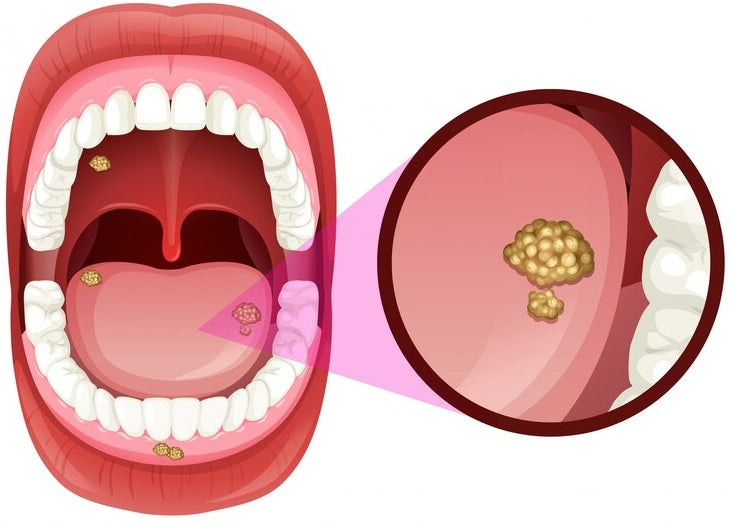
Halitosis: Understanding the Causes, Diagnosis, and Treatment for Fresh Breath
Halitosis, commonly known as bad breath, is a condition that affects a large number of people worldwide. It can be an embarrassing and isolating experience, but it is important to know that it is a common problem and that there are effective treatments available. In this article, we will discuss the causes, diagnosis, and treatment of halitosis. Causes of Halitosis Halitosis can have several causes, both internal and external. The most common causes include poor oral hygiene, dry mouth, certain foods and drinks, smoking, and certain medical conditions. Poor Oral Hygiene Poor oral hygiene is the most common cause of halitosis. When food particles and bacteria build up in the mouth, they can cause an unpleasant odor. Brushing and flossing...
-
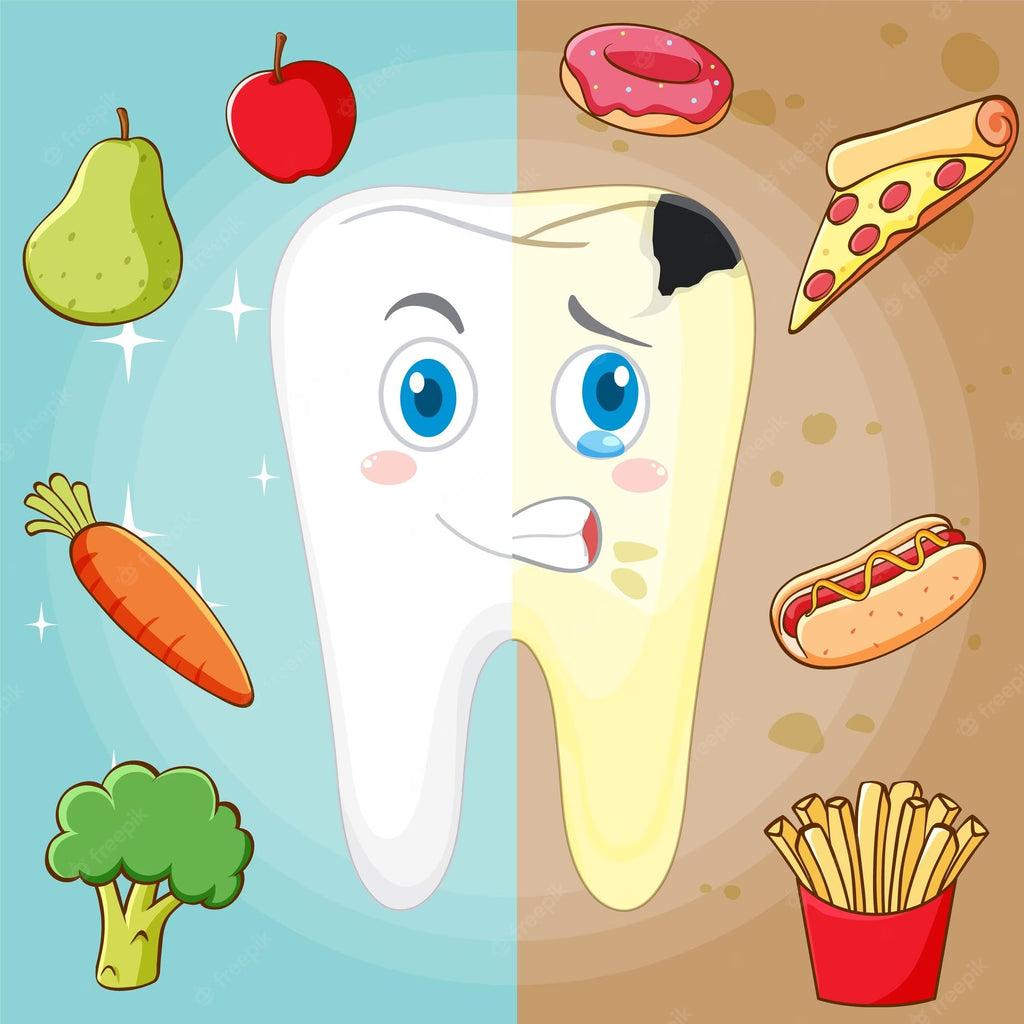
Crucial Connection Between Nutrition and Oral Health: Guide for Better Dental Care
As a dental health professional, we understand the importance of maintaining good oral hygiene to prevent cavities and gum disease. Brushing twice a day and flossing daily are essential habits, but did you know that nutrition also plays a crucial role in keeping your mouth healthy? In this article, we will explore the connection between nutrition and oral health and how you can make better food choices to support your dental health. How Nutrition Affects Oral Health Your diet can impact your oral health in many ways. A diet high in sugary and acidic foods can increase the risk of tooth decay and gum disease. When you eat sugary foods, the bacteria in your mouth feed on the sugar and...
-
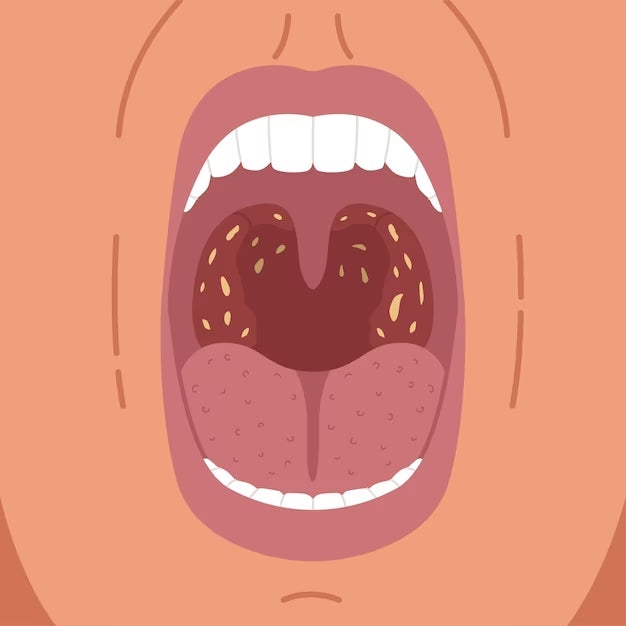
How to Treat Bad Breath Caused by Dry Mouth
Do you ever feel self-conscious about your breath? Do people avoid talking to you because of bad breath? Dry mouth, also known as xerostomia, can cause bad breath and make social interactions uncomfortable. In this article, we will discuss what causes dry mouth, how it leads to bad breath, and what you can do to treat it. Table of Contents What is dry mouth? Causes of dry mouth How dry mouth causes bad breath Signs and symptoms of dry mouth Diagnosis of dry mouth Treating dry mouth Home remedies for dry mouth Professional treatments for dry mouth Tips for maintaining oral hygiene Foods and drinks to avoid with dry mouth Conclusion FAQs What is dry mouth? Dry mouth occurs when...
-
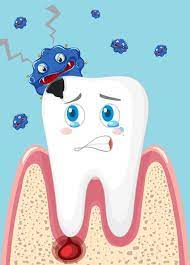
The Relationship Between Diabetes and Gum Disease: Understanding the Link
Diabetes and gum disease are two conditions that may seem unrelated, but research has shown that they are actually closely linked. In fact, individuals with diabetes are more likely to develop gum disease, and those with gum disease are more likely to have difficulty controlling their blood sugar levels. This article will explore the connection between diabetes and gum disease, and provide insights on how you can reduce your risk of developing both. The Relationship Between Diabetes and Gum Disease Diabetes is a condition that affects the body's ability to produce or respond to insulin, a hormone that regulates blood sugar levels. When blood sugar levels are consistently high, it can lead to a range of health complications, including nerve...

